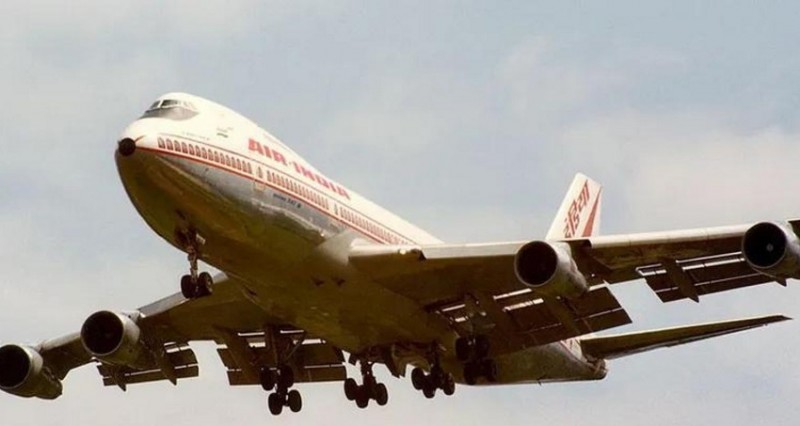
Canadian authorities had intelligence suggesting that Air India flight 182, known as Kanishka, was a potential target for a terrorist attack. Despite this, they failed to prevent the bombing that killed all 329 passengers on board 39 years ago. The flight was destroyed by a bomb planted by Canadian Khalistani terrorists.
The victims of the Kanishka bombing, one of the deadliest acts of aviation terrorism, included 268 Canadians, 27 British citizens, and 24 Indians.
Recent tensions between India and Canada have revived memories of this tragic event. In September, Canadian Prime Minister Justin Trudeau alleged potential involvement of Indian agents in the killing of Khalistani separatist Hardeep Singh Nijjar. India dismissed these allegations as "absurd" and "motivated." On the first anniversary of Nijjar's death, the Canadian Parliament observed a minute of silence, prompting the Indian Consulate General in Vancouver to announce a memorial service on June 23 to honor the Kanishka bombing victims.
Series of Failures
In May 2006, the Canadian government initiated a public inquiry into the Kanishka bombing, led by retired Supreme Court Justice John C. Major. The final report, released in June 2010, spanned over 3,200 pages and highlighted the Canadian government's failure to prevent the attack.
The report described the response from Canadian authorities, including the Royal Canadian Mounted Police (RCMP) and the Canadian Security Intelligence Service (CSIS), as a "cascading series of errors." These agencies had significant intelligence that could have indicated the high risk to Flight 182 from known Sikh terrorists but failed to act on it.
One of the critical pieces of information was a wiretap on Talwinder Singh Parmar, the leader of the Babbar Khalsa extremist group and the mastermind behind the bombing. The wiretap, delayed for months, was not processed effectively. Investigators ignored the intelligence, and the tapes were prematurely erased even after the bombing occurred.
Days before the bombing, a CSIS surveillance team observed a test explosion by Khalistani extremists but misinterpreted the sound as a gunshot. The surveillance on Parmar was described as "intermittent and ineffective." Despite observing alarming behavior, surveillance was halted on the day of the bombing to follow a Cold War target.
Criticism of Intelligence Handling
The report heavily criticized the RCMP for its lack of understanding and mishandling of intelligence. One significant failure was not forwarding a crucial telex from Air India's security manager, which warned of potential sabotage attempts by Sikh extremists. This telex, sent on June 1, 1985, recommended specific security measures, including the use of explosive sniffers and random checks of registered baggage until June 30, 1985. The RCMP did not disclose this information, and it was only uncovered during the inquiry.
The Kanishka bombing is remembered as the "worst mass murder in Canadian history," and the inquiry report underscores the inexcusable failures of Canadian security agencies in preventing this tragic event.
The Kanishka Bombings: Canada's Worst Terrorist Act and its Impact on Khalistani Extremism
Canada Parliament Honors Hardeep Singh Nijjar, Trudeau Sees New Opening with India
Canada PM Trudeau to Address National Security Issues with India